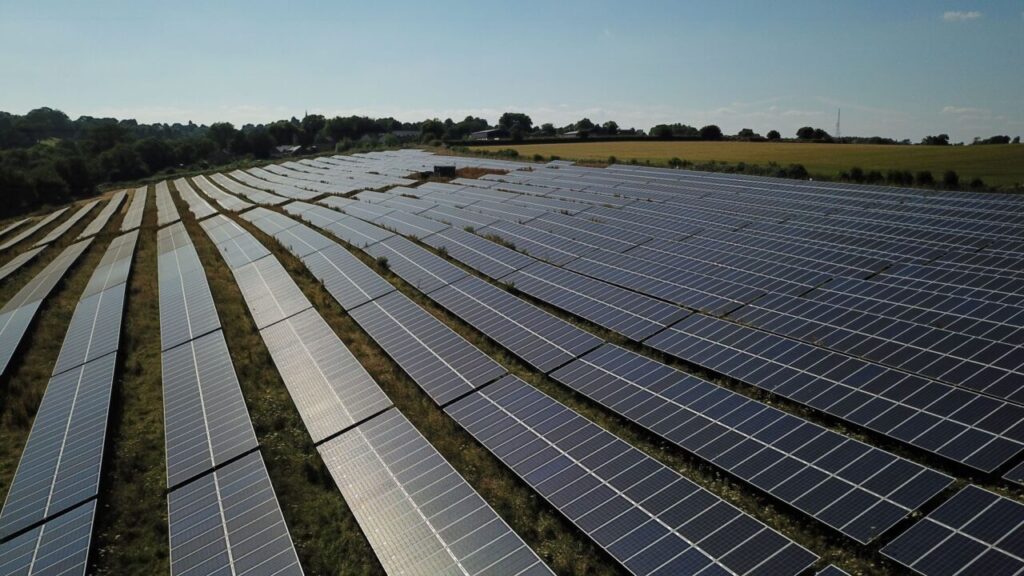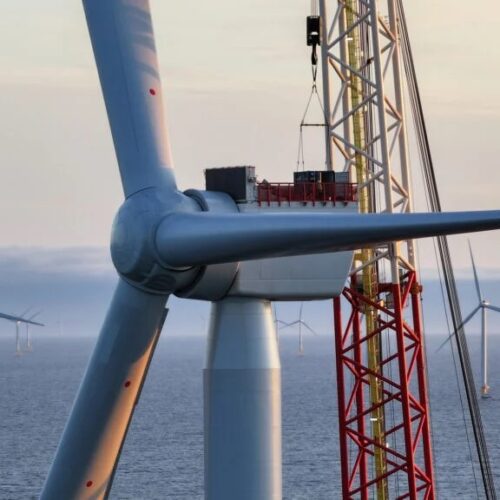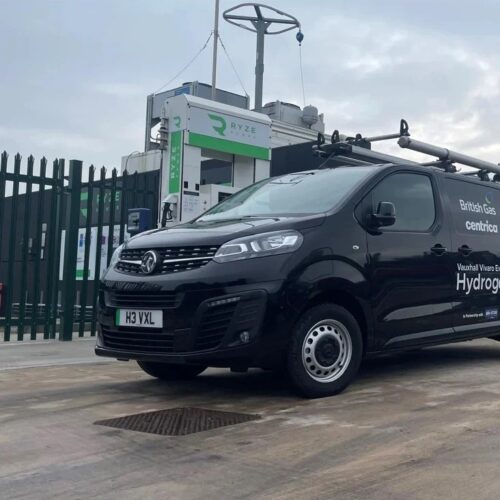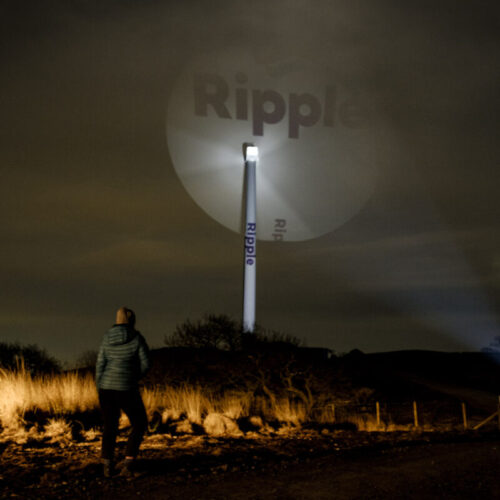Octopus Energy has made its first investment into US renewable energy with the purchase of two solar farms.
The UK’s largest electricity firm has acquired two solar farms, one in Ohio and one in Pennsylvania, with a combined capacity of 100MW. With this acquisition, Octopus now manages a global solar portfolio of 2GW, alongside a further 1.7GW of other green energy projects around the world.
Octopus Energy has made other green energy deals in North America, having recently made an investment into Ocergy, a US-headquartered technology company dedicated to developing floating foundations for offshore wind farms.
Meanwhile, in Canada, municipal utility company Saint John Energy recently moved all of its residential and business customers onto Kraken, a utility software-as-a-service provider that is part of Octopus Energy Group.
Greg Jackson, founder of Octopus Energy, said: “Our first US renewables investment is a major milestone for us. As we supercharge our renewables deals worldwide, we’re set to invest US$2 billion into the US clean tech market over the next few years.
“Green energy isn’t just the future, it’s the most cost-effective energy source here and now. The more we build, the faster we can power up a cheaper, greener energy system for everyone.”
Octopus spreads its tentacles around the world
Having been officially recognised as Britain’s largest electricity supplier in April of this year, Octopus Energy has been making moves at home and abroad to continue to grow their reach.
The firm recently made its first move into South America, partnering with Brazilian utility firm Energisa earlier this year.
Back home, Octopus launched the first mass-market vehicle-to-grid tariff in the UK, guaranteeing free electric vehicle (EV) charging for EV owners who sell the power from their car’s batteries back to the grid during peak demand times. Meanwhile, the company’s other EV tariff, Intelligent Octopus Go, now manages a cumulative 1GW of EV batteries, which Octopus claims is enough to power Birmingham and Leeds on a typical evening.
Last month, the company announced new “plunge pricing” events for its public EV charger network, allowing EV drivers to access public charging at a 15-45% discount when there is a high supply of green energy to the grid.
The company has become a key voice in the energy sector, recently publishing a report outlining the steps the government needs to take to speed up green energy grid connections. The recommendations include the prioritisation of high-quality projects, the publication of all network connection data, and the creation of “strong financial incentives” to create urgency in the sector. Moreover, Octopus stated that all action must be “underpinned by strong governance that enables leadership and decisive action, coupled with strong regulatory incentives for the network companies to act”.






